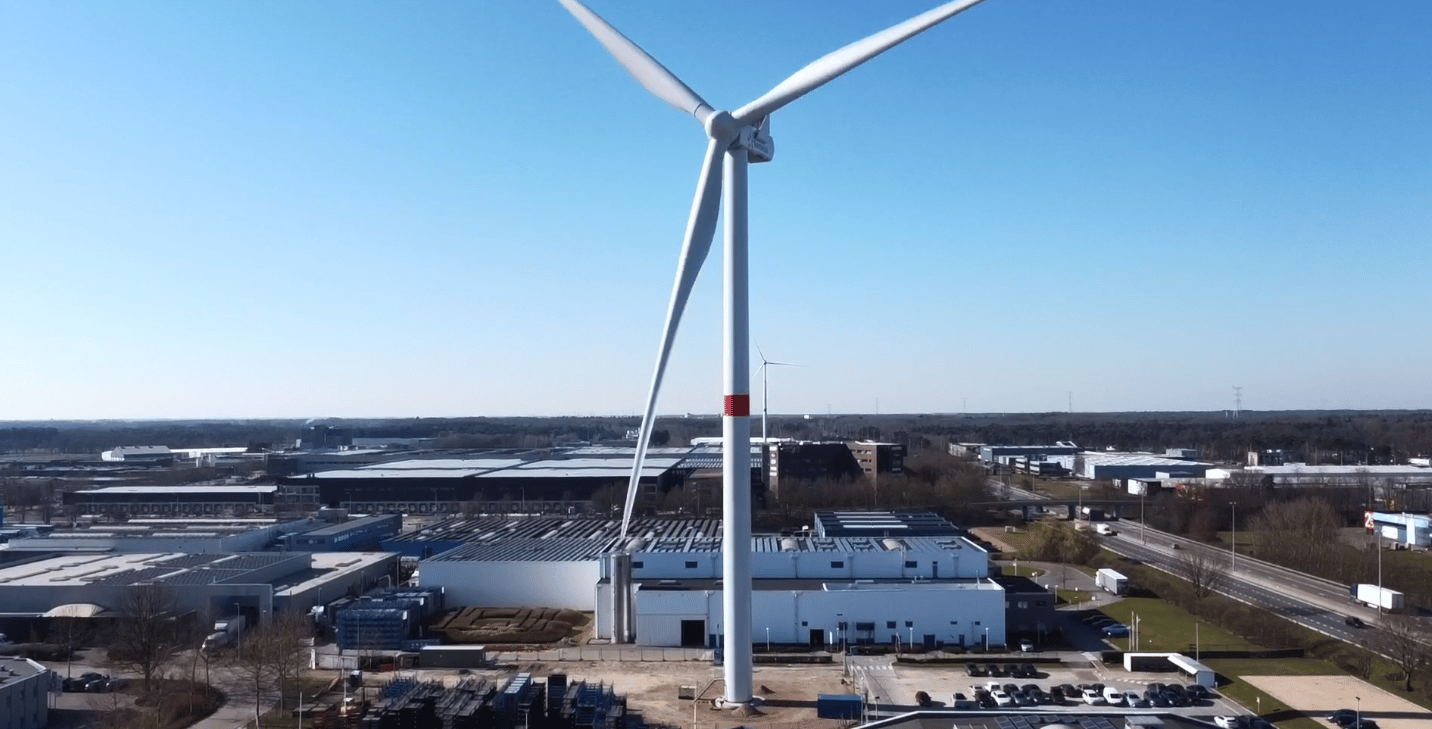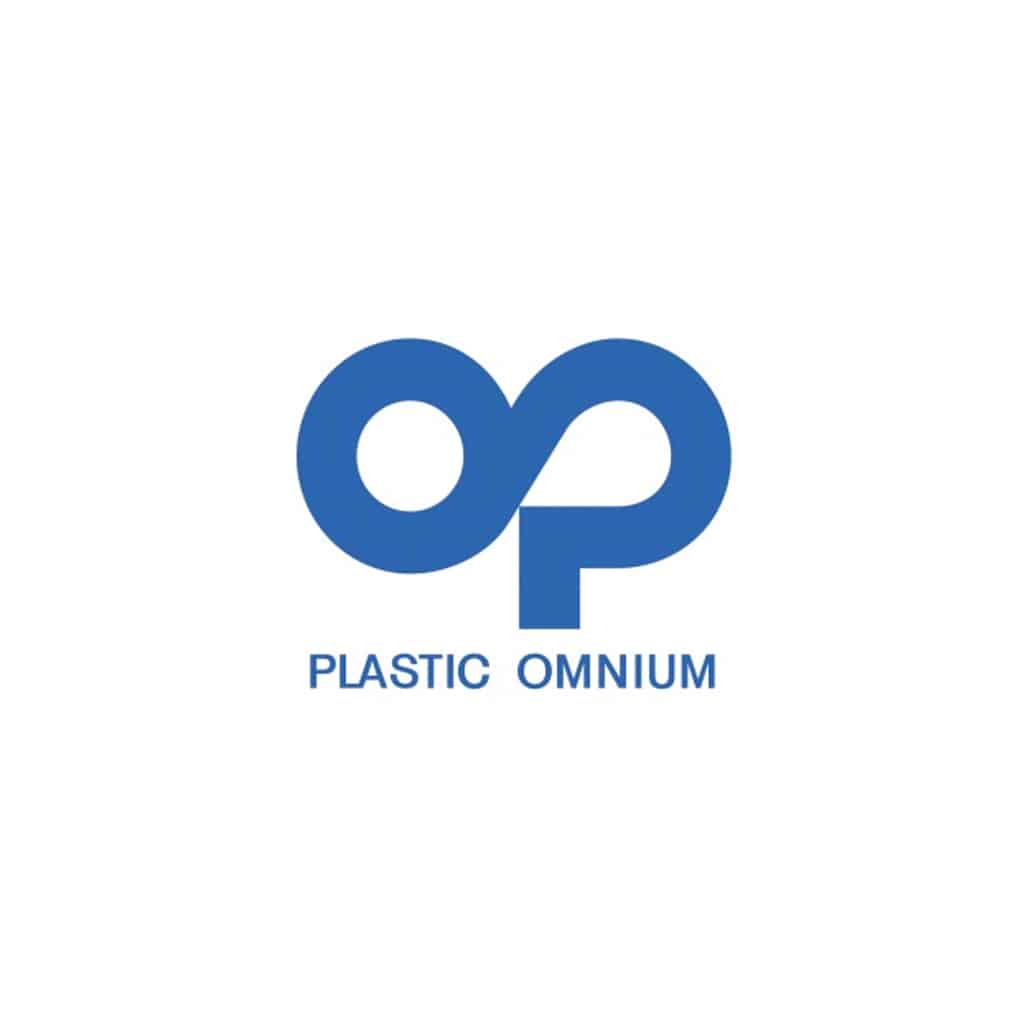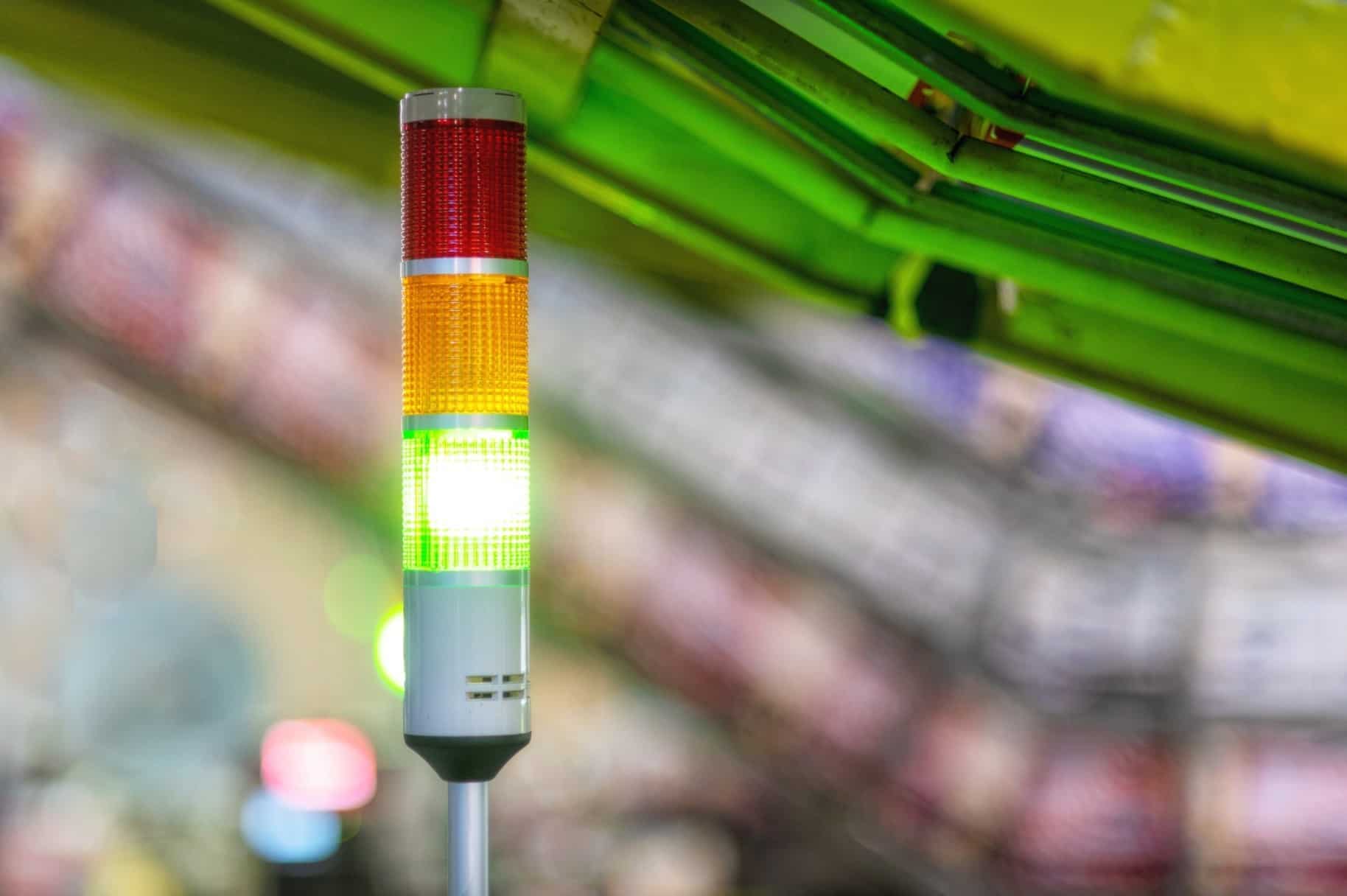
Installation of a wind turbine, In Herentals, Belgium
In line with its goal of achieving carbon neutrality in its operating activities (scopes 1 and 2) by 2025, Plastic Omnium has decided to install a wind turbine …

To contribute to Plastic Omnium's goal of reducing its scope 1 and 2 GHG emissions by 20% in 2025 compared with 2018, the Company is turning to solar energy production.
Through a pilot project in Arevalo, Plastic Omnium aims to reduce its environmental impact by installing more than 6,000 m² of photovoltaic panels on the roofs of its plant, for a total of 3,000 panels installed and 1.2 MW of nominal installed power.
Through the Arevalo pilot project, Plastic Omnium aims to demonstrate the initiative’s added value for the Division and the Company:
on which the project has a significant impact
Scope 3 – Replacement of electricity drawn from the local grid with electricity generated by the installed solar panels
The company will confirm in August 2021 whether its theoretical estimate of an 8% reduction in CO2 emissions from the site (400 tCO2eq/year) is correct.
The project was finalised in July 2019 (so these are estimates).
Annual production of 1,600 MWh of electricity (or 8% of the site’s electricity consumption).
The carbon intensity of the Spanish grid electricity is considered to be around 0.288 kgCO2eq/kWh, and the carbon footprint of the manufacturing, installation and end-of-life reprocessing of the solar panels is 0.055 kgCO2eq/kWh (for a lifetime of 20 years and a load factor of around 15% in Spain according to the BP stats review 2020).
This represents an annual reduction of 400 tCO2eq for the site (i.e. a reduction of about 8% of CO2 emissions from the site’s electricity consumption)
CO2 Gain =160 MWh ×(0.288 tCO2/MWh − 0.055 tCO2/MWh) ≈ 400tCO2eq/year
PPA partnership (long-term electricity delivery contract between two parties) No investment by Plastic Omnium, €1.2m by EDF
January 2019
Arevalo, Spain
This project contributes to the following environmental benefits:
The project can be replicated in all countries depending on the following conditions: energy costs, degree of sunshine, local subsidies and taxation and technical feasibility.
The economic balance necessary for the profitability of the project must be respected.
bduclos@plasticomnium.com

In line with its goal of achieving carbon neutrality in its operating activities (scopes 1 and 2) by 2025, Plastic Omnium has decided to install a wind turbine …

Because plastic injection is the most electricity-intensive phase of production, Plastic Omnium has implemented visual management systems (light columns) to optimize its electricity consumption.